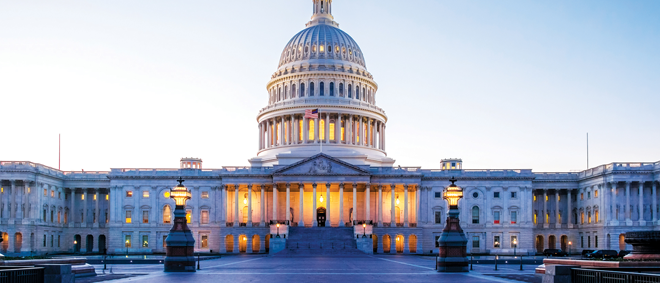On August 23, 2023, the White House’s Office of Management and Budget (“OMB”) issued its notification of final guidance implementing Title IX of the Infrastructure Investment and Jobs Act (“IIJA”) – the Build America, Buy America (“BABA”) Act. The Guidance amends Title 2 of the Code of Federal Regulations, by adding a new Part 184 and a new provision to the Uniform Administrative Requirements, Cost Principles, and Audit Requirements for Federal Awards at 2 C.F.R. Part 200 (the “Uniform Guidance”). The publication provides key clarifications arising from industry input after releasing the Proposed Rule back in February (and discussed previously here). These clarifications proffer what is perhaps the most comprehensive set of guidance of which we are aware in the world of domestic content preferences and country of origin requirements, and borrow significantly from current regimes (e.g., the Buy American Act (“BAA”)). Because we already covered the primary requirements of the OMB’s proposed Guidance, and the Final Rule does not deviate significantly from the original guidance, we focus instead on our top 10 takeaways and lingering questions for compliance.Continue Reading Top 10 Takeaways from OMB’s “Build America, Buy America” Guidance for Infrastructure Projects





